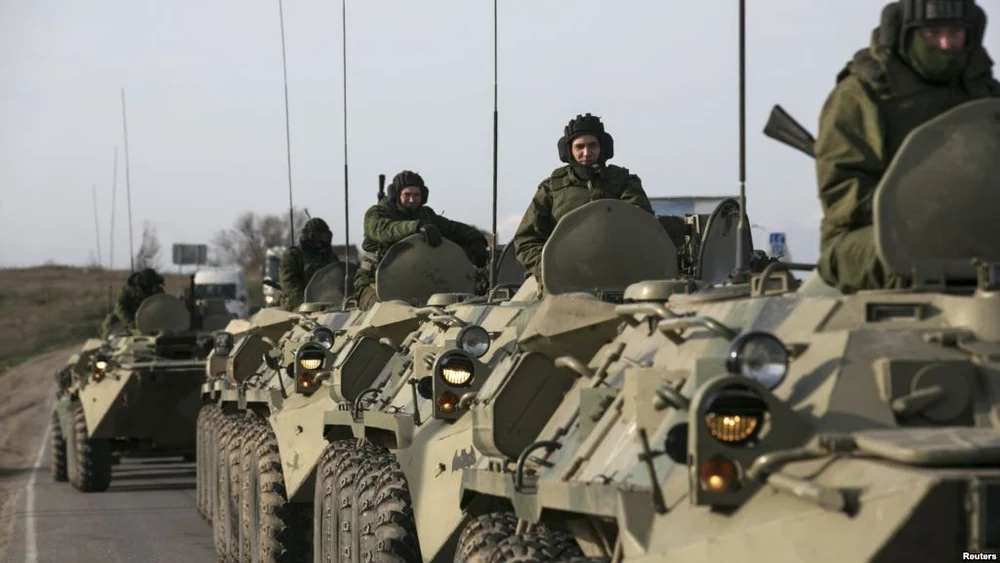A new report from the Institute for the Study of War (ISW), published on October 11, raises an alarm for allied states: Russia no longer needs entire tank divisions to become a direct threat to NATO. Rapid adaptation, drone warfare, and flexible use of human resources can allow Moscow to act much earlier than the West plans.
According to ISW, the Russian Federation could represent “a significant threat to NATO in a time horizon much closer to the present, without needing to completely rebuild its tank fleet.”
The American think tank warns that increasingly frequent sabotage and reconnaissance activities with drones on critical infrastructure in Europe are clear signs that Moscow has already entered what experts call “Phase Zero” – the preliminary stage of a potential conflict, aimed at psychological and informational preparation of the field.
“Phase Zero”: The shadow war has already begun
According to the report, Russia is conducting large-scale hybrid operations – from cyber attacks and propaganda actions to aerial reconnaissance missions – intended to test NATO’s reactions and vulnerabilities.
The purpose of these actions is not only military, but also psychological: to induce uncertainty, to erode confidence in collective defense, and to prepare European public opinion for a confrontation perceived as inevitable.
“Phase Zero” is, in fact, an older Russian concept of maskirovka – a term that denotes the art of hiding real intentions through disinformation operations and indirect pressure.
A Kremlin that learns from losses
ISW notes that, despite the massive losses suffered in Ukraine, Russia has maintained its ability to generate forces and create strategic personnel reserves.
Analysts believe that Moscow could “deploy significant fighting power on NATO’s eastern flank” just a few months after the end of the war in Ukraine.
Moreover, Russia is developing new operational concepts that allow it to wage a large-scale conventional war without relying on heavy armor and armored vehicles, while also limiting the enemy’s ability to use these means.
“Russia is learning to achieve the effects of an air ban on the battlefield without having air superiority”, the report warns.
This means that Moscow can paralyze the enemy’s logistics and mobility using drones, precision artillery, and electronic warfare, without needing massive aviation.

